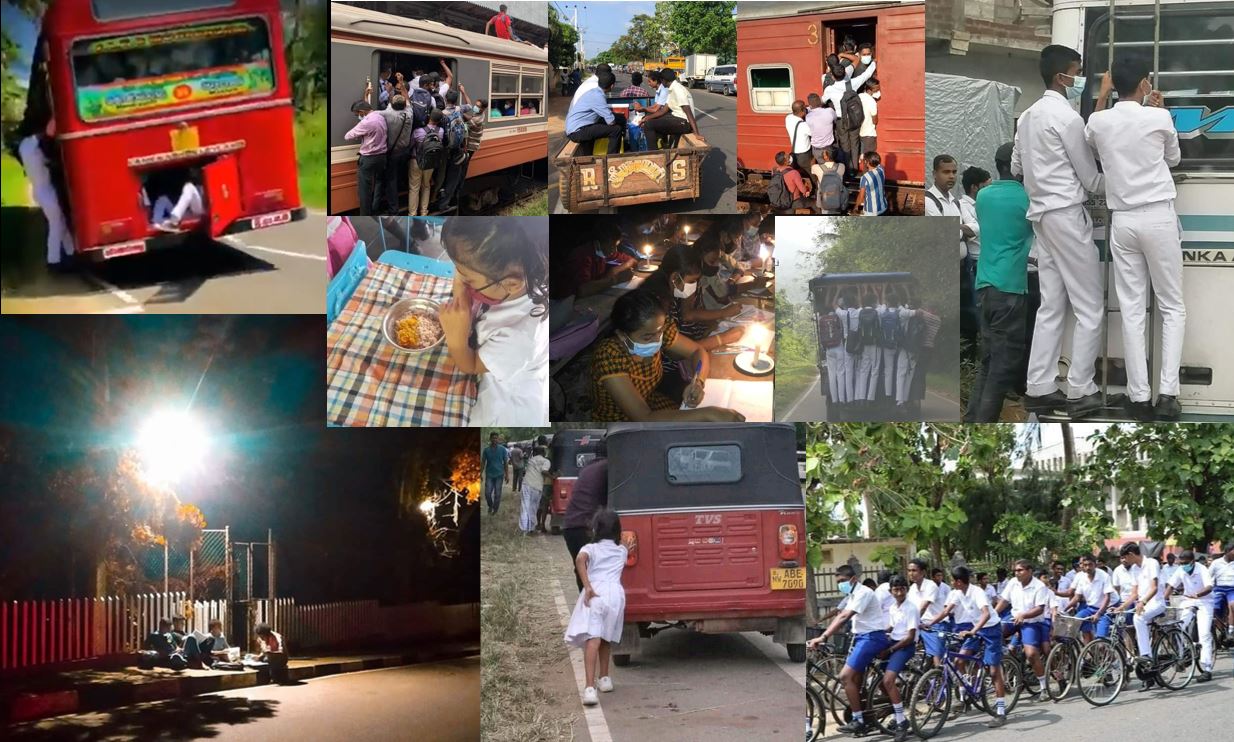Sri Lanka education sector collapsed due to economic crisis
Sri Lanka education sector as a whole had entered a “very serious and complex situation” and it had become more difficult to manage the situation in the face of the economic crisis.
Students have been badly affected due to rising prices of food, accommodation and transport as well as the price of stationery and other educational materials, and their situation is compounded by frequent power cuts, and medicine shortages.
Sri Lanka’s Prime Minister Ranil Wickremesinghe said the economy had “completely collapsed” and was seeing signs of a possible fall to the very bottom.
He said school education had collapsed as a result of the crisis, but said the relevant authorities were taking necessary steps to address this, including the formulation of a plan to give priority to school buses and school vans when providing fuel.
Students and young people have been protesting in front of the president’s office in the capital Colombo since 9 April.
Read Full Article – UWN

